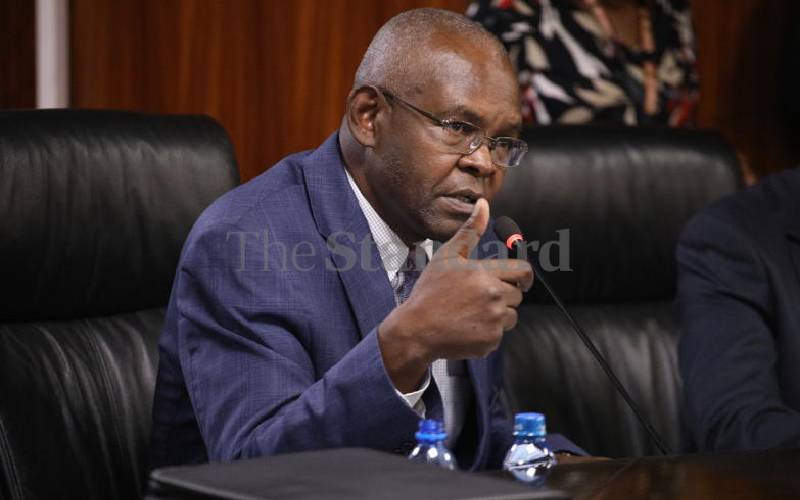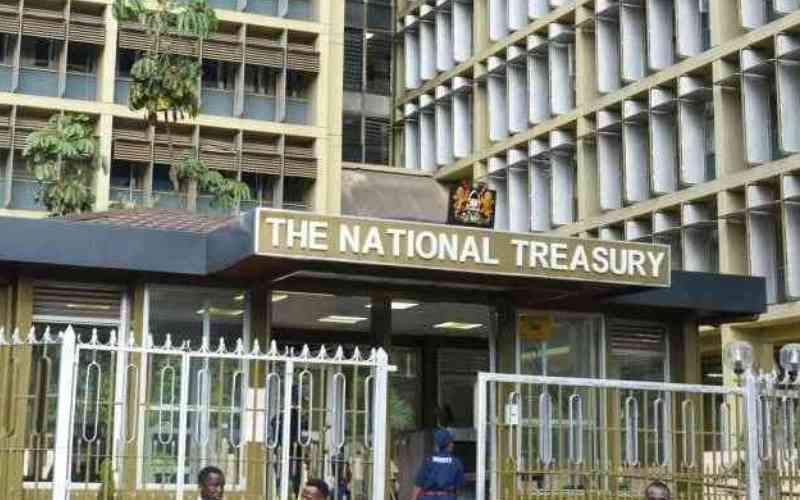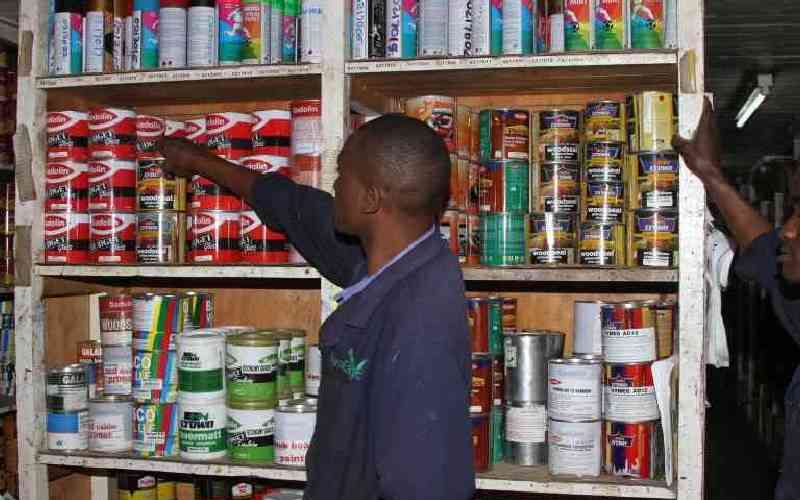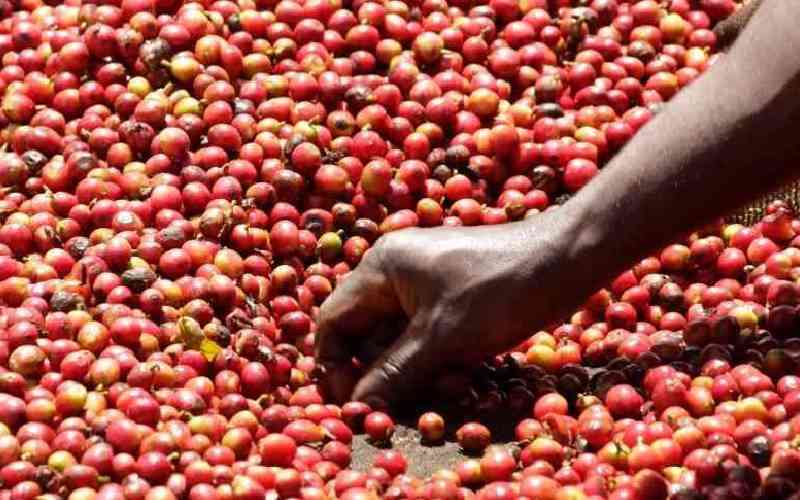×
The Standard e-Paper
Smart Minds Choose Us

The Central Bank of Kenya (CBK) has lowered its key interest rate to 12.75 per cent from 13 per cent in a bid to spur credit uptake, as banks have been freezing loans amid a deteriorating economic environment.
The Monetary Policy Committee (MPC) of the CBK, which was chaired by Governor Kamau Thugge, noted that its previous policy measures had lowered overall inflation in Kenya to 4.3 per cent in July 2024, below the mid-point of the target range.







